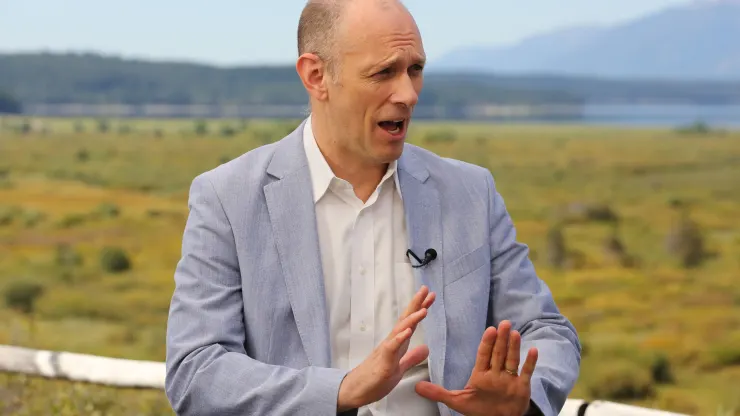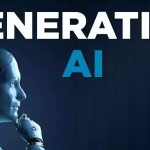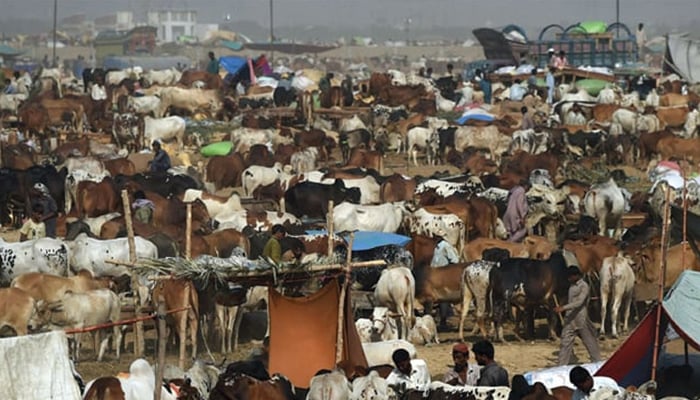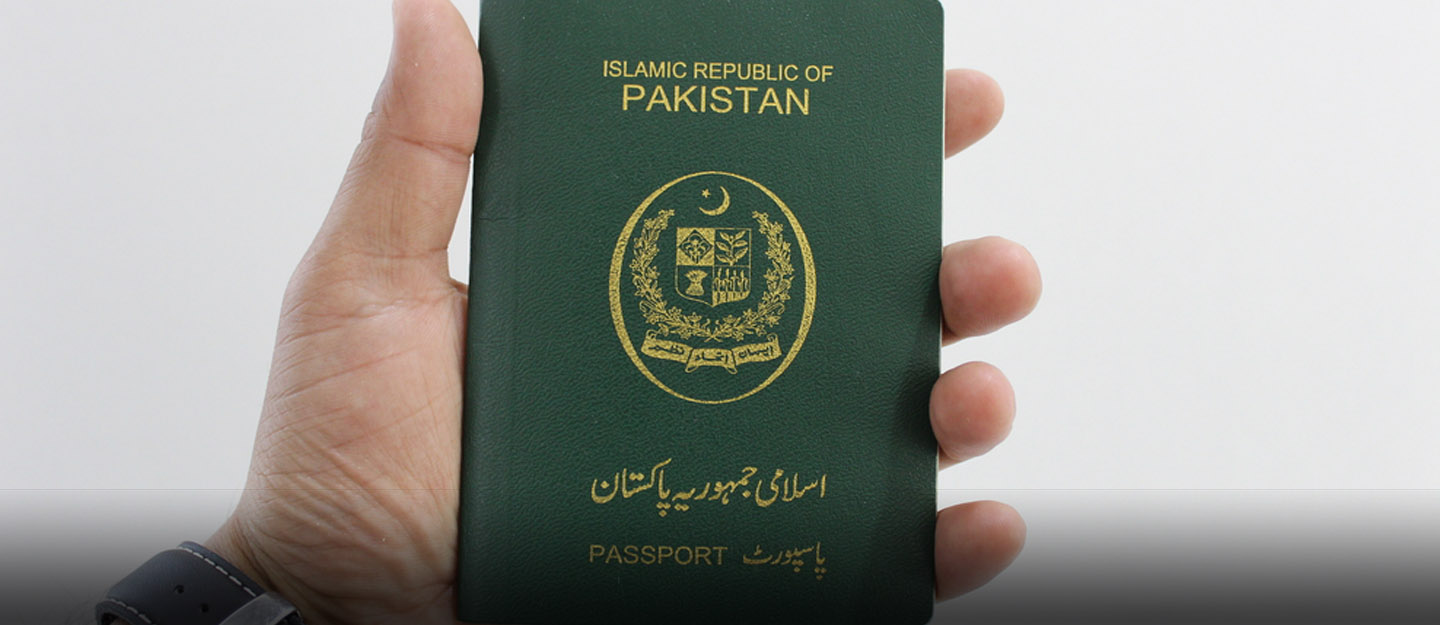Trump and Harris Over Inflation Claims – In a world where economic narratives shape public opinion, recent comments from former President Donald Trump and Vice President Kamala Harris have sparked heated debates over the state of inflation in the United States. However, not everyone is convinced by their arguments. Chicago Federal Reserve President Austan Goolsbee has stepped forward, questioning the validity of their claims, suggesting that the economic situation might be more nuanced than it appears.

Trump’s Inflation Claims: A Closer Look
Donald Trump, never one to shy away from strong statements, has been vocal about the current inflationary pressures, attributing them to the Biden administration’s policies. He argues that under his leadership, the U.S. economy was thriving, with low inflation rates and a booming stock market. Trump has claimed that the current administration’s policies, including the massive COVID-19 relief packages and infrastructure spending, have led to a significant increase in inflation, harming everyday Americans.
However, Goolsbee challenges this narrative, pointing out that inflationary pressures were already building during Trump’s tenure, particularly due to supply chain disruptions and the Federal Reserve’s low interest rate policies aimed at boosting economic recovery. According to Goolsbee, Trump’s claims oversimplify the complexities of inflation, ignoring global factors such as the pandemic’s impact on supply chains and the war in Ukraine, which have exacerbated the situation.
Harris and the Inflation Debate
Vice President Kamala Harris has also entered the inflation debate, defending the current administration’s efforts to combat rising prices. Harris argues that the Biden administration has taken significant steps to address inflation, including strategic releases from the Strategic Petroleum Reserve to lower gas prices and efforts to unclog supply chains. She emphasizes that these measures are beginning to bear fruit, as inflation rates have started to stabilize.
Yet, Goolsbee remains skeptical of Harris’s assertions. While acknowledging that some of the administration’s policies have had a positive impact, he argues that the inflation problem is far from over. The Chicago Fed president points out that inflation is a global issue, influenced by factors beyond the control of any single administration. He cautions against overly optimistic projections, suggesting that it will take more time and strategic planning to fully address the underlying causes of inflation.
The Global Context: Inflation Beyond U.S. Borders
Goolsbee’s analysis underscores the importance of considering the global context when discussing inflation. He highlights how international events, such as the ongoing conflict in Ukraine and global supply chain disruptions, have played a significant role in driving up prices worldwide. These factors have led to increased costs for energy, food, and other essential goods, contributing to inflationary pressures in the U.S.
Moreover, Goolsbee points out that inflation is not just a U.S. problem; it is a global phenomenon. Countries around the world are grappling with rising prices, and central banks are taking varied approaches to managing inflation. The Chicago Fed president warns that without a comprehensive understanding of these global dynamics, any discussion of inflation remains incomplete.
Monetary Policy: The Fed’s Role in Controlling Inflation
As the debate over inflation continues, the role of the Federal Reserve in managing the situation has come under scrutiny. Goolsbee emphasizes that the Fed’s monetary policy is a critical tool in controlling inflation. He supports the Fed’s current strategy of gradually raising interest rates to cool down the economy and prevent runaway inflation. However, he also warns that the process must be managed carefully to avoid triggering a recession.
Goolsbee’s comments suggest that the path to stabilizing inflation is a delicate balancing act. While the Fed’s actions are necessary to keep inflation in check, they must be executed with caution to avoid unintended economic consequences. He calls for a pragmatic approach that takes into account the complex interplay of domestic and global factors influencing inflation.
Public Opinion and Political Implications
The debate over inflation has significant political implications, especially with the 2024 elections on the horizon. Both Trump and Harris are using the issue to bolster their political positions, with Trump seeking to portray the Biden administration as economically incompetent, while Harris defends the administration’s efforts to manage the crisis.
Goolsbee’s intervention adds a new dimension to the debate, challenging the narratives put forth by both sides. His comments highlight the need for a more nuanced discussion of inflation, one that goes beyond political rhetoric and considers the economic realities facing the country.
A Call for Informed Debate
In the end, Goolsbee’s critique of Trump and Harris’s inflation arguments serves as a reminder that economic issues are rarely black and white. The Chicago Fed president’s comments encourage a more informed and balanced debate on inflation, one that acknowledges the complexities of the issue and the limitations of any single policy or administration.
As the conversation continues, it is essential for policymakers, analysts, and the public to engage in discussions that are grounded in economic realities rather than political expediency. The stakes are high, and the need for thoughtful, data-driven analysis has never been more critical.
For more in-depth coverage and analysis of economic trends, visit Digital Digest News, your trusted source for the latest updates in finance and beyond.






